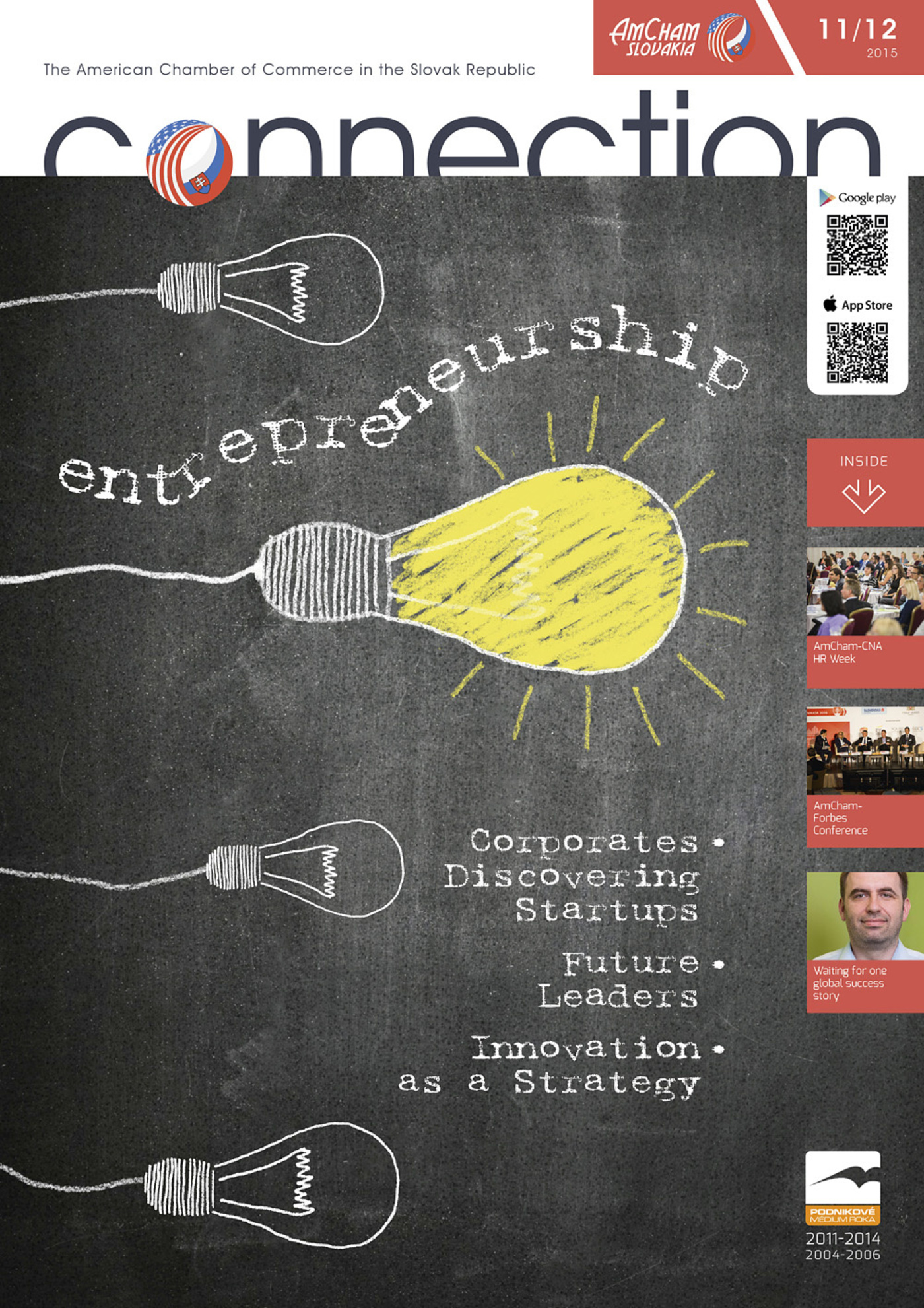What led to the creation of the Digital Committee?
Having been a member of AmCham’s telecommunications working group in 2009 and most recently co-chair of the data protection task force, I saw a need to have a broader conversation on digital issues. Given the convergence of our industry, it was a natural next-step to develop a new committee focused on the digital agenda, together with The Slovak Alliance for the Internet Economy (SAPIE).
Technology is reshaping the way companies around the world connect and do business. My main objective was to bring together different voices from the ICT sector and find a common approach towards important legislative and regulatory issues.
Technology is revolutionizing how we live and work, and its only limitations are the ones we create. If the sector can find compromises together, we can better advocate for our priorities with governments from Brussels to Slovakia. Policy frameworks that are flexible and interoperable across borders will be crucial to ensuring more connectivity.
What are currently the main issues and concerns addressed by this Committee?
Earlier this year, Andrus Ansip, Vice President for the Digital Single Market on the European Commission, and Günther Öttinger, European Commissioner for the Digital Economy and Society, unveiled the Commission’s Digital Single Market Strategy, a flagship initiative of the Juncker team. The strategy sets out 16 reforms that the Commission intends to pursue in 2015 and 2016 in order to realize a truly Digital Single Market.
While we do not have ambitions to participate to all consultations or comment on all the proposals, we are planning to identify some priorities given our members’ unique and real experiences with Europe’s current fragmented framework. It’s important that we have a voice in these discussions.
The Slovak Presidency of the Council of the European Union is scheduled for the second half of 2016 so this will be especially relevant for the Digital Committee. We hope to work with the Slovak Presidency and relevant ministries on some of these issues.
What are the main goals this Committee has for the near future?
The consultation on the Digital Single Market and its different components will be our main priority. We will also consider issues related to the flow of data across borders, data protection, and security. The aim is to follow the legislative process already happening in Brussels and provide the Slovak administration with relevant inputs so we can actively participate in the implementation process for legislation.



Follow us